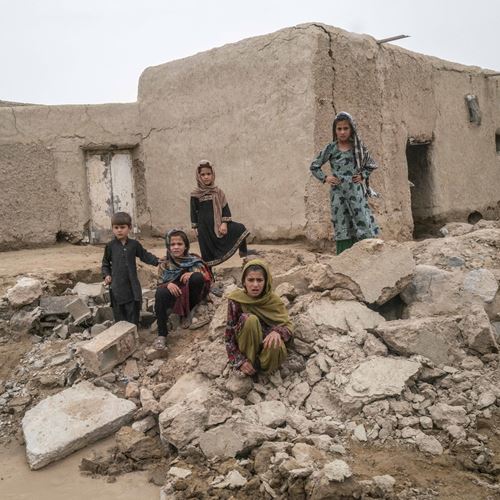The study presents a roadmap to enable principled programming within the existing constraints, and outlines five key areas for collective action:
Recommendation 1:
Strengthen understanding of and respect for the humanitarian principles: Much has already been done, but donors and aid agency senior managers should prioritize training, capacity building and mentoring on humanitarian principles and dialogue, particularly for frontline aid workers.
Recommendation 2:
Improve analysis: strengthen security analysis as well as that regarding political context and engagement, while finding opportunities to compare and engage in critical debate with other actors and across sectors.
Recommendation 3:
Strengthen strategic and operational engagement: evidence on needs, rather than donor constraints or political considerations, must guide engagement with the de facto authorities. Aid leadership, supported by donors, must urgently create, resource, and implement a proactive humanitarian engagement strategy and action plan to improve relations with the de facto authorities at the national and local levels.
Recommendation 4:
Address harmful practices and protect vulnerable people: Improving accountability, specifically accountability to Afghans, is an urgent priority. An ombudsman function should be created to serve the humanitarian community and ensure frontline workers have somewhere to turn with the immense challenges and ethical concerns they face.
Recommendation 5:
Shape the narrative: A joint effort to reshape the global narrative on Afghanistan can create more space for principled engagement with clearer, evidence-based narratives which highlight the drivers of the crisis, and the role of political engagement in addressing the drivers.
By embracing these recommendations, the aid community in Afghanistan, donor agencies and donor countries can support improvements in principled humanitarian programming that continues to address the immense needs in Afghanistan. The study calls for decisive action and continued engagement in tackling the crisis.


